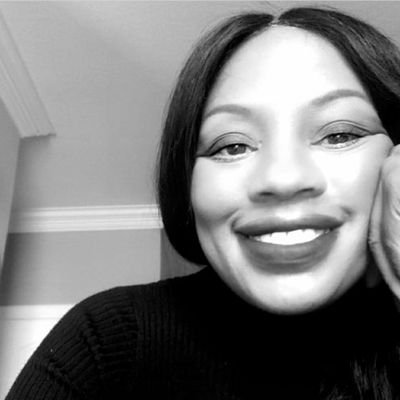



Code-switching occurs when a speaker alternates between two or more languages, or language varieties, in the context of a single conversation or situation. As Ida Harris points out, this strategy is often employed by Black and Indigenous people of color (BIPOC) in the United States to survive in a predominantly white cultures. Harris provides a history of code-switching, its purposes, and how it functions as a survival strategy for BIPOC in the United States.

Ida Harris is a journalist and cultural critic on Blackness, art, activism, pop culture, and womanhood. Her work is featured on The Root, DAME, Blavity, Elle, Teen Vogue, and others.
1. What are some scenarios where you might alter your speech to match your environment?
2. How do micro-aggressions interrupt everyday life?
As a class, brainstorm a list of places and scenarios in which you feel the need to change something about your language, appearance, or demeanor. Discuss how these changes might positively or negatively affect your actions, comfort, and safety.
One of the most exciting classes I took as an undergraduate was a linguistics course. Most notably, I remember learning about African American Vernacular English (AAVE) by name for the first time. As our professor examined the complexity of AAVE, including five present tenses, I found myself confronting the ways language is stifled by institutional racism, colonialism, and western ideologies. Simultaneously, I recognized that Black and brown students often effortlessly moved between AAVE and Standard American English, while so many of our white peers and faculty members could not do the same. These observations led me to ask why, within dominant culture, the arguably more skilled speaker was viewed as less correct, professional, or intelligent, and why was code-switching even necessary?
In her article, “Code-Switching Is Not Trying to Fit in to White Culture, It’s Surviving It,” Ida Harris presents code-switching as a survival tool for the Black community. She captivates and convinces the reader with evolving definitions, histories, and timelines as well as compelling personal narratives. As you read this article, consider the following questions: who is your most authentic self? Have you ever had to present a different self to fit in or survive? I hope you will push this personal inquiry further by confronting the ways you may or may not have to code-switch in white spaces. If you do regularly code-switch, what is the personal cost to you? If you do not, what do you imagine the impact is on those who do?
Whether you spilt a verb or speak in a vernacular other than the 'King's English' we all have had incidents of code-switching. In this episode of Being the Dot, Dr. Stacey interviews Dr. Lisa Scott, who provides helpful guidance on when and how to code switch in a way that keeps your 'self' intact.
Read "Code-Switching Is Not Trying to Fit in to White Culture, It’s Surviving It" at Yes! Magazine
Delve deep into diversity and social justice issues with our Center for Diversity & Inclusion.
Here, we celebrate the differences and recognize the similarities among all members of our campus community.
Our welcoming climate fosters cultural growth and personal development for under-represented students, mentoring for new students and meaningful connections for all students who value diversity and social justice.